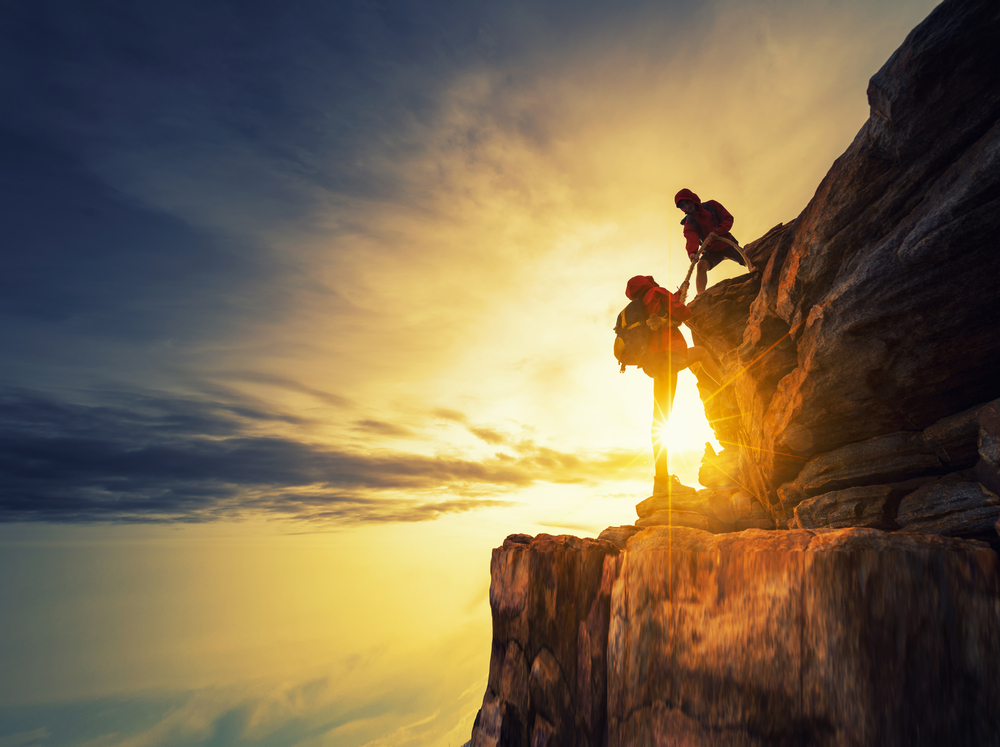Mother Nature truly blessed Scotland and filled it with several beautiful natural wonders. From the Three Sisters of Glencoe: a mecca for walkers- both beginners and seasoned, to The Old man of Hoy, a monolith of red sandstone which attracts climbers from all around the world, Scotland is full of scenic as well as unique natural landmarks.
Scotland Mountains offer great variations to hikers and mountaineers – there are several easy, straightforward trails, and many challenging hikes on hills and remote areas. Clothing is an important aspect when considering mountaineering Scotland as both hillwalking and mountaineering require special clothing, equipment, and fitness.
Having proper clothing and equipment is important as weather conditions in the hills are known to constantly change. The right clothing and right equipment will not only help in case the weather conditions get bad, but they will also give you the confidence to battle it out.
Tips for Choosing the Right Mountaineering Clothing and Equipment

If you are new climber the clothing and equipment variety can be a little overwhelming. However proper preparation can help you make the most of your mountaineering experience.
Backpack: While you make use your regular backpack for mountaineering, consider investing in a good climbing backpack. They are sleek and narrow to allow free arm movements when you are climbing, handling ropes and other equipment.
These packs also have included loops to attach up to two climbing axes. The duration of your trip will help you select the size of the backpack.
- Weekend Backpack (30-50liters) ideal for 1 to 3-night trip
- Multiday Backpack (50-80 liters) ideal for 3 to 5-night trip
- Extended Trip Backpack (70 and more liters) suitable for 5+ nights trip
Boots: Insulated boots specially designed for mountaineering are a sure shot way to keep your feet dry and warm. There are two types – plastic boots and leather boots
Plastic boots- these have special removable inner liners and they tend to provide more warmth than the leather boots.
Leather boots- these boots are sturdier for rough terrain however they require some break-in time so do not buy them just before your mountaineering trip.
There are special boots designed for backpacking as they can carry heavier loads. The boots have high cuts that are wrapped around the ankle giving them additional support. They are durable and lightweight.
Insulated Jackets: There are two types, jackets with down insulation and jackets with synthetic insulation. While both offer similar warmth and comfort, down is lighter as well as compressible. Synthetic jackets are less expensive and are better in case it rains.
Other Clothing Items: Invest in a well-insulated parka with hood, as it will help you stay warm. Synthetic or wool clothing that wicks body moisture away and dries faster is a must. It is best to avoid cotton when packing for your mountaineering Scotland trip. Other clothing must-haves for summer and winter are:
- Waterproof jacket preferably with a hood
- Waterproof over trousers that specially designed to keep the legs and trousers dry in case of rain.
- Thermal and Fleece top
- Trekking trousers, these are ideal for both winter and skiing, as they are windproof and designed to keep warm.
- Woolen hat and gloves or mittens
- Fleece top and pants, ideal as a middle layer clothing as it traps air and keeps the wearer warm
First Aid Kit: It is best to be prepared in case you suffer an injury while climbing or trekking. Ideal to mitigate immediate damage, your first aid box is a crucial part of your packing. However, knowing how to use the supplies is also important, if you do not have the basic training, then it is best to take an online training course.
Another important part is knowing ‘what’ to carry in the first aid box. There are several prepackaged kits available that are compact and lightweight, but you can still add a few other items to personalize your medical kit. If you are going on a multi-day trip it is best to carry a larger kit as you are farther away from immediate help.
Climbing First Aid Kit essentials-

- Sterile Dressings
- Medical tape
- Bandages- adhesive, butterfly and triangular
- Disinfecting ointment
- Pain relieving medication
- Small Scissors, tweezers and safety pins
- Anti-diarrheal medicine
Other Essential Equipment

- Sleeping Bag- specially designed for temperature between 0 to 20 degree Fahrenheit
- Headlamps- choose a LED headlamp that has both flood and spot beams
- Water Bottle- wide-mouth water bottle and a backup reservoir
- Sunglasses and Glacier glasses
Preparing well in advance for your mountaineering Scotland trip will give you confidence and a sense of self-reliance. Even if you are taking the assistance of a professional guide, your preparation for the mountaineering expedition will make your experience a wholesome one.


